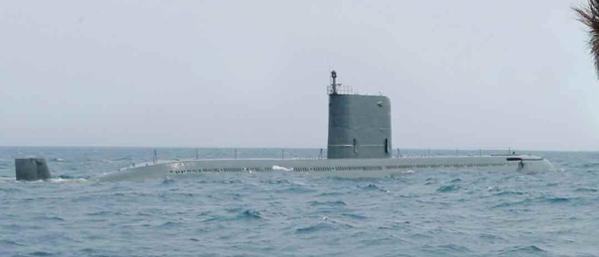Japan has ordered missile defence systems to be prepared in response to the planned launch of a North Korean long-range rocket next month, Japanese Defence Minister Naoki Tanaka has said.
Reports said the defence systems would be deployed near the island of Okinawa to shoot down the rocket should it threaten Japanese territory.
North Korea says the rocket will put a satellite into orbit.
But the US and its allies believe the launch is a pretext for a missile test.
'Grave provocation'
Pyongyang said last week it was to mark the 100th birthday of its late Great Leader Kim Il-sung with the launch.
The announcement drew widespread criticism that the launch would violate UN Security Council resolutions.
Continue reading the main story
Analysis
image of Lucy Williamson Lucy Williamson BBC News, Seoul
News of this satellite launch - coming just weeks after North Korea had promised the US it would suspend missile tests - has led to a lot of head-scratching in the region.
The announcement was full of assurances that the country would abide by international regulations for space technology, and avoid rocket parts landing in neighbouring countries.
But Pyongyang knows that both the UN and the US take a dim view of "peaceful" launches like this - seeing them as a cover for long-range missile tests, banned under UN Security Council resolutions.
Some see the satellite launch as evidence that parts of the North Korean establishment are less than comfortable with the US deal - under which the Pyongyang suspended uranium enrichment in return for food aid. They want to reassert the country's military strength and political independence.
Others see it as further evidence than Kim Jong-un is playing the same cat-and-mouse game his father was accused of - using provocations to elicit greater bargaining power with the US and others.
And North Korea is also having to bear in mind its domestic audience. 2012 has been billed as a year of celebration - the centenary of its founding president's birth, and the moment North Korea will mark its emergency as a "strong and prosperous nation". The satellite launch may deliver the much-desired image of strength, but it risks losing the American food aid it desperately needs to mimic even minimal prosperity.
The resolutions were imposed after a similar launch in April 2009. Japan is particularly concerned as the last North Korean rocket was launched over the country.
"I have ordered officials to prepare to deploy the PAC-3 and Aegis warships," Mr Tanaka said.
The Japanese parliament also passed a resolution condemning the launch.
South Korea, China and the US have also expressed concern over the planned launch.
"It would be a grave provocation threatening the peace and security of the Korean peninsula and north-east Asia," the South Korean foreign ministry said in a statement.
Nuclear envoys from South Korea and Japan held talks in Seoul to work out how they would respond if the launch were to go ahead, South Korea's Yonhap news agency reported.
Meanwhile, Chinese state-run news agency Xinhua said Deputy Foreign Minister Zhang Zhijun met Pyongyang's ambassador to express Beijing's "worry".
US Secretary of State Hillary Clinton called North Korea's announcement "highly provocative".
UN Secretary General Ban Ki-moon said any launch could discourage aid donors.
"Such an act would undermine recent positive diplomatic progress and, in its effect on international donors, would likely worsen the humanitarian situation inside the country," he said in a speech in Singapore.
Satellite view of North Korean missile launch site at Musudan-Ri (file photo from 2009/Digital Globe) North Korea used its launch site at Musudan-Ri for the 2009 rocket launch
'Peaceful purposes'
Last month, Pyongyang agreed to suspend long-range missile tests as part of a deal for the United States to supply 240,000 tonnes of food aid to North Korea.
It also agreed to suspend uranium enrichment and to allow back UN weapons inspectors as part of the deal.
A US state department spokesperson said it would be "hard to imagine" giving food aid to North Korea, as previously agreed, if Pyongyang went ahead with the rocket launch.
In the launch three years ago, Pyongyang said the satellite made it into orbit and characterised it as a test of its satellite technology.
The move drew condemnation from the US and South Korea and led to the UN resolutions prohibiting the North from nuclear and ballistic missile activity.
Foreign officials said there were no indications that a satellite had reached space and that the launch was a cover for Pyongyang to test long-range missile technology.
North Korea said last week that the launch of a rocket carrying a satellite would take place between 12 and 16 April.
The ''working satellite'', the Kwangmyongsong-3, is an opportunity for ''putting the country's technology of space use for peaceful purposes on a higher stage'', said a North Korean spokesman.
The rocket would be launched from the Solace Satellite Launching Station in Cholsan county, North Pyongyang province on the country's west coast.
State media also reported that the North has already launched two experimental satellites.
http://www.bbc.co.uk/news/world-asia-17484628






 up.
up.











